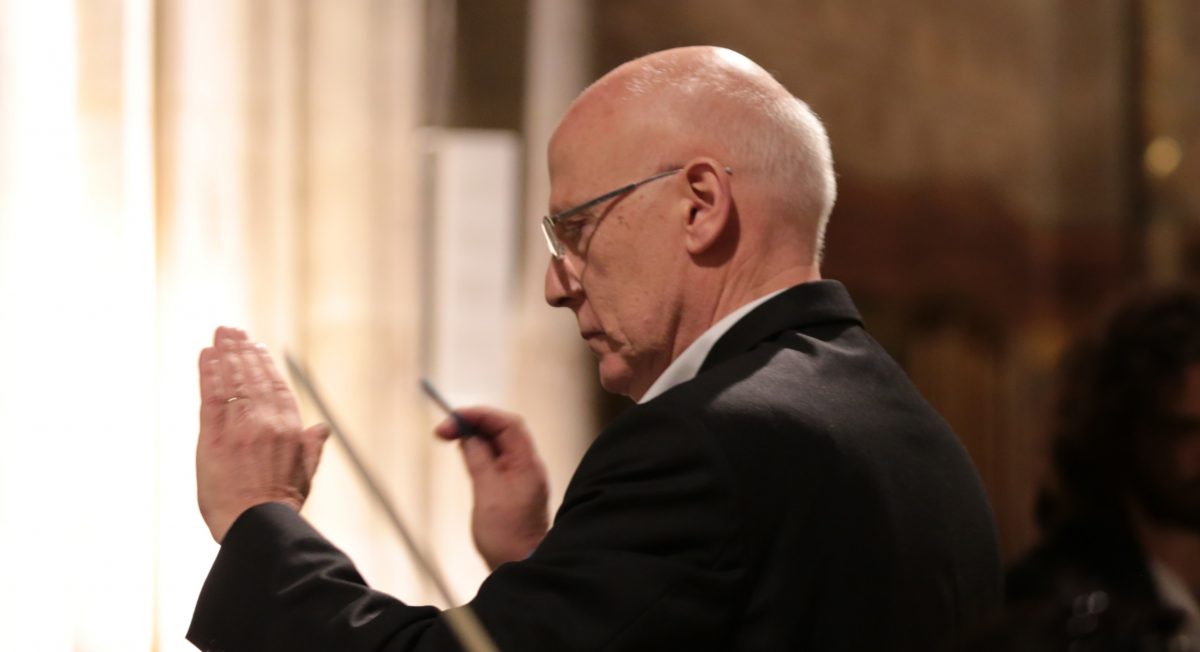With the disappearance of armed conflict from our Western European shores and the fratricidal urge having morphed into its virtual equivalent, sport, man has found in popular music with its concomitant drumbeat a way of sublimating the primeval instinct by turning its violence in on himself. It is perhaps understandable that the great majority of those who regularly listen to that outward celebration of harmony that classical music still represents is composed of men and women who either lived through or just after the second world war.
It follows therefore that a peaceful future for our civilization depends at least in part on whether we are capable of sharing this heritage with the coming generations. This is why the musical vocation is so important and why, particularly in France where this form of artistic expression has so much difficulty in finding its place, it is more than ever necessary to promote the values of harmony via the sharing of song and making music together.
Unfortunately, the past efforts of a dwindling number of music lovers to preserve the integrity of their caste by actively reproving such behaviour as applauding between the movements of a symphony or sonata have been met with resounding success. They are now almost alone in their admiration of the masterpieces they treasured and when they go, the art may die. Or will do if nothing is done to effect a profound change in the way young people are educated and react to the values held by those who went before.
To that end, it is perhaps time that we looked over our shoulders to the time when music was a science. Time also for the current role of classical music as a secular substitute for religion to be contested. We need to think about what we mean when we say that we play, or that we interpret and how much work is implied in the preparation of a concert. Words have great importance by virtue of their function as the tools of thought. In an increasingly verbal society, it is important that we name the things for what they are.
Paris, 18th June 2018
